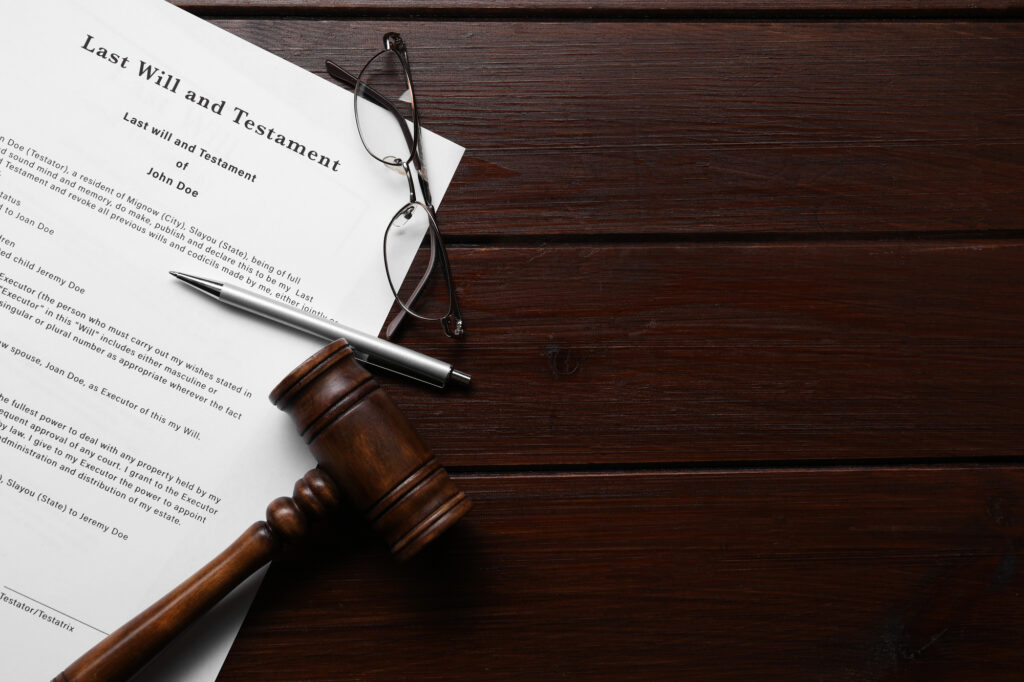Probate is the legal process through which a person’s estate is administered, and their assets are distributed in accordance with the law. Probate can be a complicated and lengthy procedure, but understanding how it works can help you navigate it more effectively. In this article, we will provide you with a guide on how probate works in Massachusetts.
Probate Basics in Massachusetts
- Initiating Probate: Probate typically begins with filing a Petition for Probate in the appropriate Massachusetts Probate and Family Court.
- The Person Who Initiates the Process: This person is often called the Executor or Personal Representative (if there is a will) or the Administrator (if there is no will or no appointed Executor).
- The Court Will Appoint a Personal Representative: This is done if there is no valid will or the named Executor is unwilling or incapable of serving.
- Inventory and Valuation: The Personal Representative must compile an inventory of the person’s assets, including real estate, bank accounts, investments, personal property, and debts. Assets must be valued as of the date of death to determine their fair market value.
- Notification of Heirs and Creditors: Massachusetts law requires that heirs, beneficiaries, and known creditors are notified of the probate proceedings. The Personal Representative must provide notice to potential claimants to allow them the opportunity to file claims against the estate.
- Resolving Debts and Expenses: Debts and expenses of the estate, including funeral costs, taxes, and administrative fees, are paid from the estate’s assets. Prioritization rules dictate the order in which debts are settled.
- Distribution of Assets: Once debts and expenses are settled, the remaining assets are distributed to the beneficiaries and heirs according to the terms laid out in the will (if there is one) or the intestacy laws of Massachusetts (if there is no will).
- Closing the Estate: After all debts have been paid and assets distributed, the Personal Representative files a final accounting and a report with the court. The court reviews these documents and, if everything is in order, issues an order of complete settlement, officially closing the estate.
Key Considerations in Massachusetts Probate
- Timelines and Delays: Probate in Massachusetts can be time-consuming, often taking several months or even longer to complete. Delays may occur due to complexities, disputes, or court backlogs.
- Costs: Probate can be costly, with fees associated with court filings, legal representation, and appraisals. Expenses can diminish the estate’s value, affecting the inheritance of beneficiaries.
- Will Contests: Conflicts over the validity of a will or its interpretation can lead to lengthy legal battles, further delaying the probate process.
- Avoiding Probate: Massachusetts residents may explore options for avoiding probate, such as setting up a revocable living trust, joint ownership with rights of survivorship, or beneficiary designations for assets.
Probate in Massachusetts is a structured legal process that ensures the systematic distribution of a deceased person’s assets and the payment of their debts. Understanding how probate works is essential for those involved, including executors, administrators, heirs, and beneficiaries. It is best to receive legal guidance from an experienced probate attorney to navigate the intricacies of Massachusetts probate law efficiently and effectively. Proper planning and knowledge can help simplify the process and minimize potential challenges during an emotionally challenging time.


